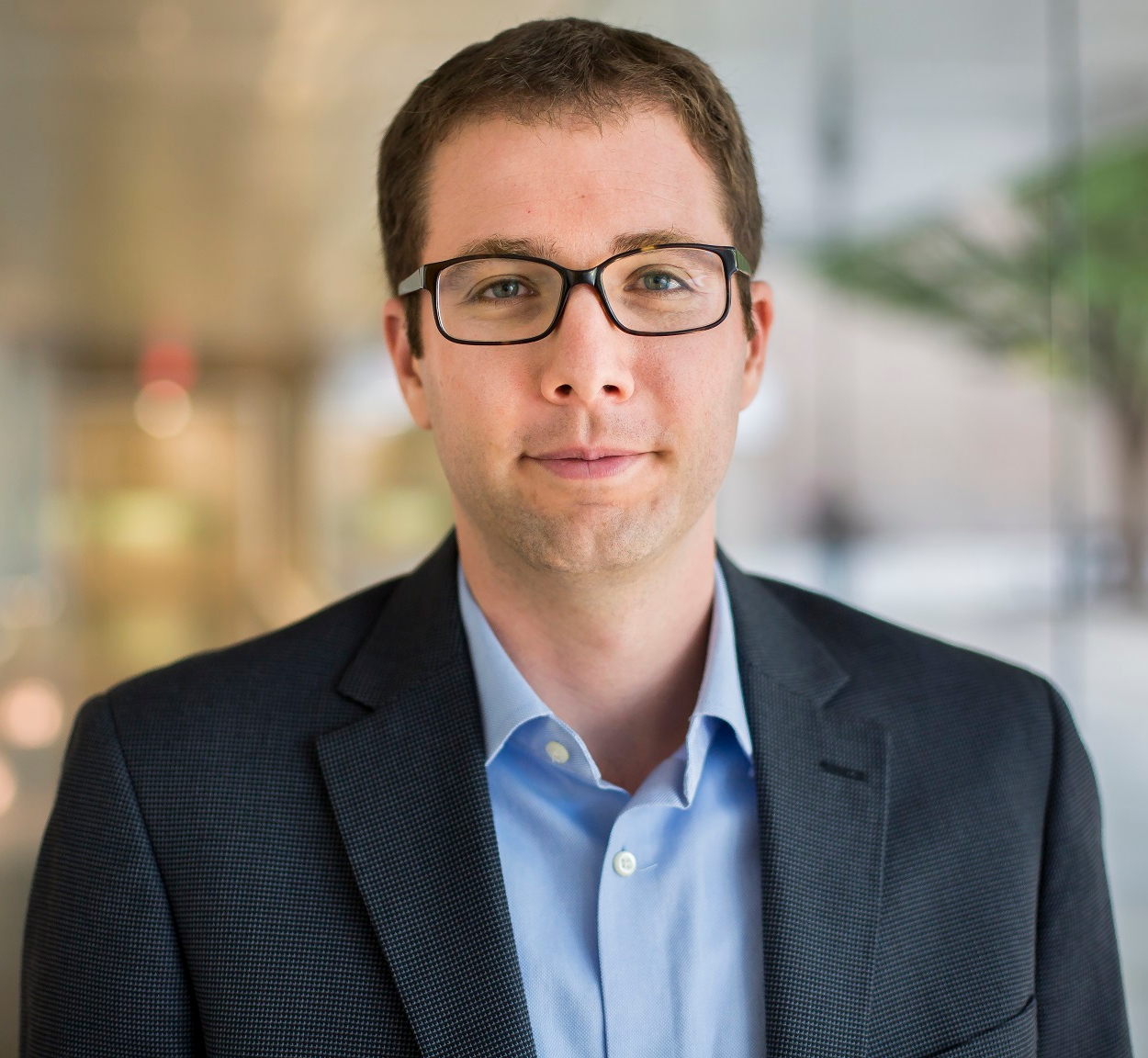
3:30 pm to 4:30 pm
NSH 1305
Abstract: Deformable objects such as cables and clothes are ubiquitous in factories, hospitals, and homes. While a great deal of work has investigated the manipulation of rigid objects in these settings, manipulation of deformable objects remains under-explored. The problem is indeed challenging, as these objects are not straightforward to model and have infinite-dimensional configuration spaces, making it difficult to apply established approaches for motion planning and control. One of the key challenges in manipulating deformable objects is selecting a model which is efficient to use in a control loop, especially when an accurate model is not available. Our approach to control uses a set of simple models of the object, determining which model to use at the current time step via a novel Multi-Armed Bandit algorithm that reasons over estimates of model utility. I will also present our work on interleaving planning and control for deformable object manipulation in cluttered environments, again without an accurate model of the object. Our method predicts when a controller will be trapped (e.g., by obstacles) and invokes a planner to bring the object near its goal. The key to making the planning tractable is to avoid simulating the motion of the object, instead only forward-propagating the constraint on overstretching. This approach takes advantage of the object’s compliance, which allows it to conform to the environment as long as stretching constraints are satisfied. Our method is able to quickly plan paths in environments with complex obstacle arrangements and then switch to the controller to achieve a desired object configuration.
Bio: Dmitry Berenson received a BS in Electrical Engineering from Cornell University in 2005 and received his Ph.D. degree from the Robotics Institute at Carnegie Mellon University in 2011, where he was supported by an Intel PhD Fellowship. He completed a post-doc at UC Berkeley in 2012 and was an Assistant Professor at WPI 2012-2016. He started as an Assistant Professor in the EECS Department and Robotics Institute at the University of Michigan in 2016. He received the IEEE RAS Early Career award in 2016.
Host: David Held
Contact: Stephanie Matvey
